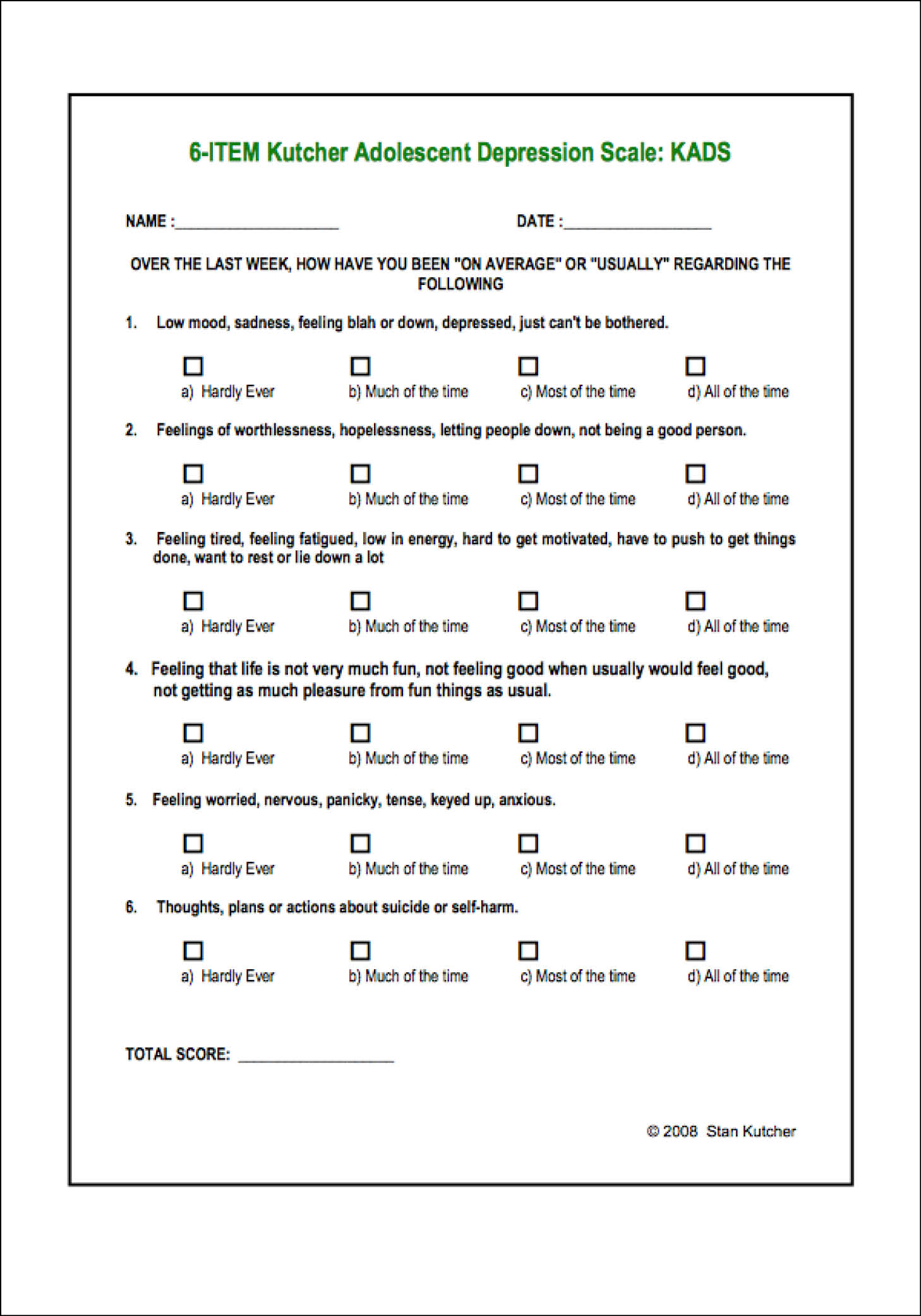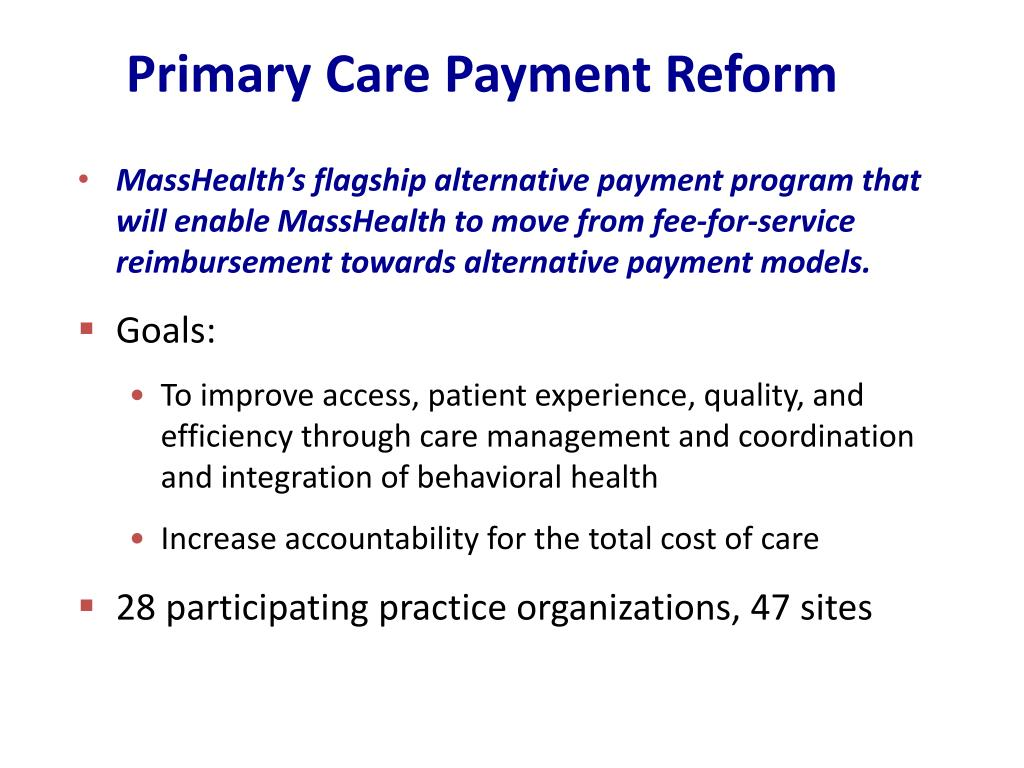Teen mental health screenings are becoming increasingly vital as the youth mental health crisis continues to intensify across the globe. Recent data reveals that despite the alarming rise in anxiety and depression among teens, less than one-third of public schools in the U.S. conduct mental health evaluations. This gap in mental health care in schools hampers the ability to provide necessary mental health support for students, leading to a cycle of untreated issues. School mental health programs play a crucial role in identifying and addressing these problems, but many schools face challenges offering effective solutions. With a significant number of teens struggling quietly, implementing consistent and accessible mental health screenings could be a transformative step toward better mental health across the student population.
Mental health assessments for adolescents are becoming an essential part of fostering well-being in educational environments. As mental wellness becomes a pressing matter, particularly during formative teenage years, schools must take proactive measures to support the emotional health of their students. Strides in youth psychological evaluations reveal a clear need for integrated mental health solutions within academic settings. Implementing comprehensive mental wellness initiatives could help schools better manage challenges associated with anxiety and other mental health concerns. As we navigate this landscape, ensuring that educational institutions prioritize mental health screening will be key to building a supportive community for young people.
The Importance of Teen Mental Health Screenings
As anxiety and depression rates among U.S. teens continue to rise, the importance of mental health screenings in schools cannot be overstated. Recent surveys indicate that less than a third of public schools conduct regular mental health screenings for students, despite the alarming youth mental health crisis declared by the U.S. Surgeon General in 2021. These screenings are essential for early identification of mental health issues, which can facilitate timely intervention and support for affected students. By prioritizing mental health screenings, schools can play a pivotal role in ensuring that teens receive the help they need when they struggle with anxiety or depression.
Moreover, the increased awareness around mental health screenings has seen a significant uptick; the percentage of schools conducting these screenings rose from 13% to over 30% in recent years. However, challenges remain, with many schools citing difficulties in meeting the mental health needs of their students. This gap highlights the need for improved mental health care in schools, bolstered by additional resources and greater accessibility to mental health professionals who can provide on-site support. Thus, comprehensive mental health screenings are not just beneficial but necessary for addressing the mental health care crisis among teens in educational settings.
Frequently Asked Questions
What role do teen mental health screenings play in addressing the youth mental health crisis?
Teen mental health screenings are essential for identifying mental health issues early, thus addressing the youth mental health crisis effectively. Early detection through screenings can help schools offer timely support, reducing the impact of anxiety and depression on students.
How effective are school mental health programs in implementing teen mental health screenings?
School mental health programs can be quite effective in implementing teen mental health screenings, with studies showing that the percentage of schools conducting these screenings has increased from 13% to over 30% in recent years. Programs focus on recognizing mental health needs and providing necessary support for students.
What are common findings from teen mental health screenings related to anxiety among teens?
Common findings from teen mental health screenings often indicate that a significant number of students experience anxiety. Data shows that schools typically inform parents about students identified with anxiety and may offer in-person treatment or referrals for further care.
What challenges do schools face in providing mental health care in schools to students identified through screenings?
Schools face several challenges in providing mental health care, including a shortage of mental health providers which makes it difficult to ensure adequate support for students identified through screenings. Many principals report that obtaining care for these students is perceived as hard or very hard.
How can mental health support for students be improved in schools?
Improving mental health support for students can be achieved by increasing resources dedicated to school mental health programs, training more counselors and social workers, and ensuring that policies at all levels of government prioritize funding for mental health initiatives.
Are telehealth options available for students after teen mental health screenings?
While telehealth options are available, they are not widely utilized; less than 20% of schools provide telehealth treatment options for students after screenings. Expanding telehealth services could improve access to care.
What can parents do to support teen mental health screenings in schools?
Parents can advocate for mental health screenings in their children’s schools by engaging with school boards, requesting resources for mental health programs, and ensuring their teens have access to mental health support when needed.
What impact do untreated mental health issues in childhood have on adulthood?
Untreated mental health issues in childhood can lead to severe repercussions in adulthood, including persistent mental health problems, difficulties in personal relationships, and challenges in professional capacities. Early intervention through screenings is crucial.
| Key Points |
|---|
| Less than a third of public schools conduct mental health screenings. Multiple factors contribute to this issue. |
| A 2025 survey reveals only 30.5% of schools screen for mental health, a rise from 13% in the past nine years. |
| More than 70% of schools provide in-person treatment; less than 20% offer telehealth services. |
| Challenges include a shortage of mental health providers, with 41% of principals reporting difficulties in accessing care. |
| School-based screening programs are more common in larger schools and areas with higher minority populations. |
| A shift in mental health care requires better support for child psychiatry and training for mid-level providers. |
| Recent federal cuts threaten funding for school mental health initiatives, complicating efforts to address youth mental health. |
| Restrictions on smartphone usage may help mitigate mental health issues among teens. |
Summary
Teen mental health screenings are vital in addressing the alarming rates of anxiety and depression among U.S. adolescents. As the recent findings highlight, only a fraction of public schools are equipped to conduct these screenings, which are essential for identifying and providing support for struggling teens. With a significant gap in access to mental health resources available in schools, and recent federal funding cuts posing additional threats, it is crucial to strengthen the screening processes. By improving mental health education and support within the school system, we can work towards ensuring a healthier future for our youth.




